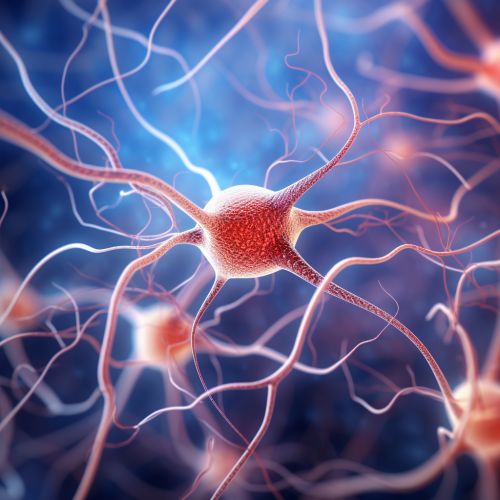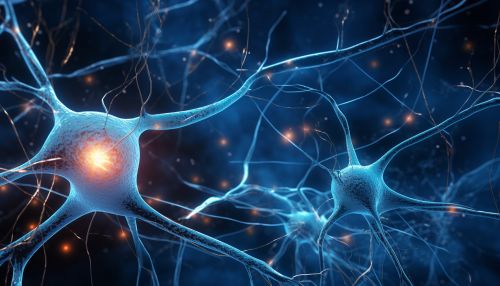Neurodegeneration
Introduction
Neurodegeneration refers to the progressive loss of structure or function of neurons, including their death. It is a hallmark of several debilitating, incurable diseases that affect humans, such as Parkinson's, Alzheimer's, and Huntington's. These diseases cause motor and cognitive deficits, with Alzheimer's disease alone affecting approximately 30 million people globally.


Causes of Neurodegeneration
Neurodegeneration can be caused by a variety of factors. Genetic mutations can lead to proteins that are harmful to neurons, while environmental toxins can also damage neurons. Aging is a significant risk factor for many neurodegenerative diseases, with the risk increasing significantly with age. Oxidative stress and inflammation can also contribute to neurodegeneration.
Mechanisms of Neurodegeneration
The mechanisms of neurodegeneration are complex and multifaceted, involving a combination of genetic, environmental, and cellular factors. At the cellular level, neurodegeneration can occur due to a variety of mechanisms, including protein misfolding and aggregation, mitochondrial dysfunction, oxidative stress, and inflammation.
Protein Misfolding and Aggregation
Many neurodegenerative diseases are characterized by the accumulation of misfolded proteins. In diseases such as Alzheimer's and Parkinson's, these proteins form insoluble aggregates that are toxic to neurons. The process of protein misfolding and aggregation is complex and involves a variety of cellular processes, including protein synthesis, folding, and degradation.
Mitochondrial Dysfunction
Mitochondria are essential for neuronal function, providing the energy needed for a variety of cellular processes. In many neurodegenerative diseases, mitochondrial function is impaired, leading to energy deficiency and neuronal death.
Oxidative Stress
Oxidative stress is a condition characterized by an imbalance between the production of reactive oxygen species (ROS) and the ability of the body to counteract their harmful effects through neutralization by antioxidants. In neurodegenerative diseases, oxidative stress can lead to neuronal damage and death.
Inflammation
Inflammation is a common response to injury or infection, but chronic inflammation can be harmful to neurons. In neurodegenerative diseases, inflammation can contribute to neuronal damage and death.
Neurodegenerative Diseases
There are several diseases characterized by neurodegeneration, including Alzheimer's disease, Parkinson's disease, and Huntington's disease. These diseases have distinct clinical and pathological features, but they share common mechanisms of neurodegeneration.
Alzheimer's Disease
Alzheimer's disease is the most common neurodegenerative disease, affecting millions of people worldwide. It is characterized by the accumulation of amyloid-beta plaques and tau tangles in the brain, leading to neuronal death and cognitive decline.
Parkinson's Disease
Parkinson's disease is a neurodegenerative disorder characterized by the loss of dopamine-producing neurons in the substantia nigra, a region of the brain involved in motor control. This leads to motor symptoms such as tremors, rigidity, and bradykinesia.
Huntington's Disease
Huntington's disease is a genetic disorder characterized by the progressive death of neurons in the brain. It is caused by a mutation in the huntingtin gene, leading to the production of a toxic protein that aggregates in neurons.
Treatment and Management
Currently, there is no cure for neurodegenerative diseases. However, there are treatments available that can help manage symptoms and improve quality of life. These include pharmacological treatments, physical therapy, and in some cases, surgical interventions.
Future Directions
Research into neurodegeneration is ongoing, with the aim of understanding the underlying mechanisms and developing effective treatments. This includes research into the role of genetics, environmental factors, and cellular processes in neurodegeneration.
